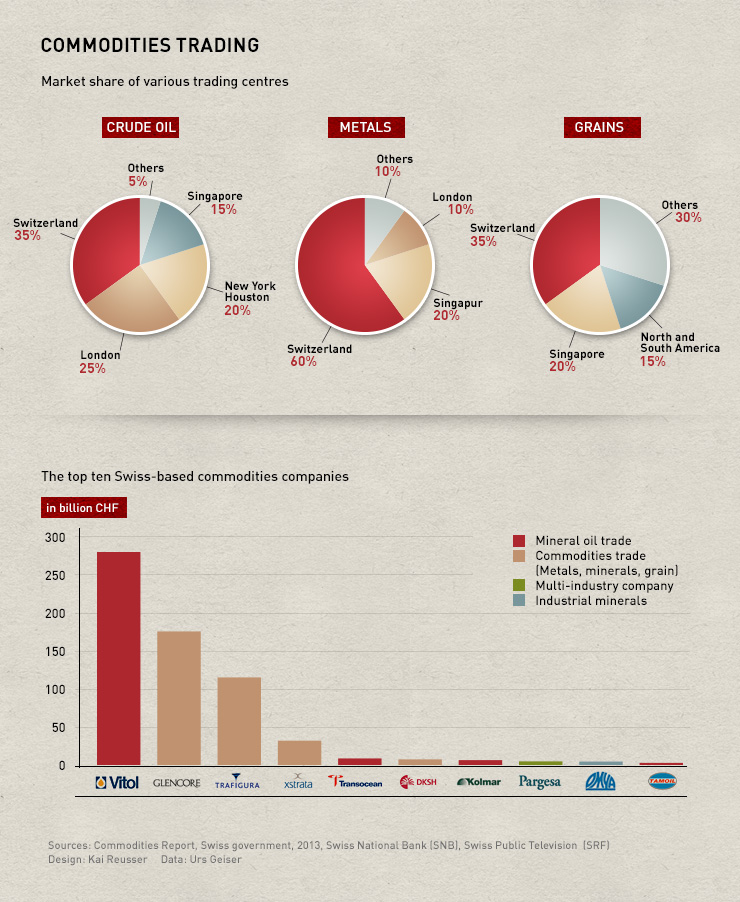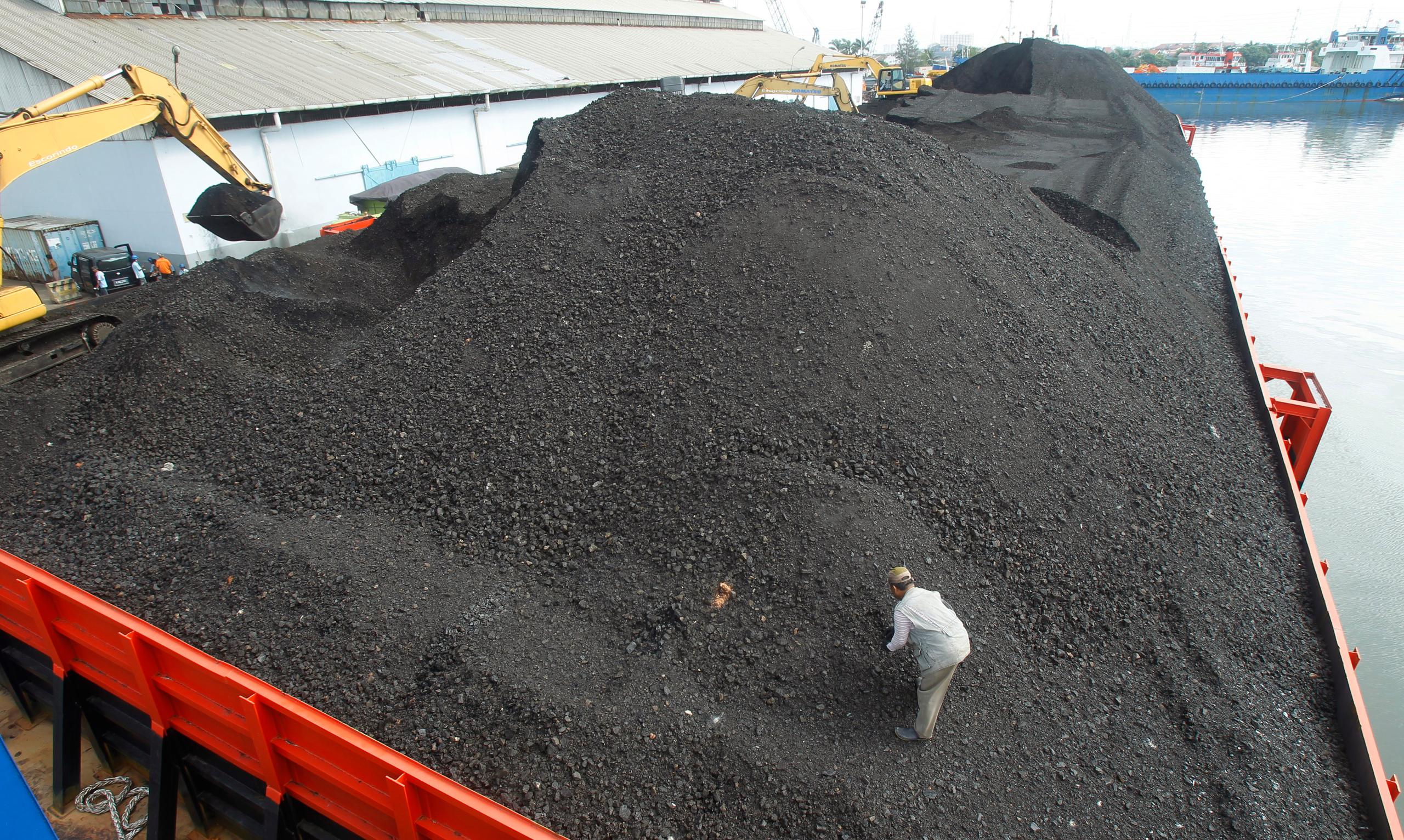Protestors rally against FT commodities summit

Hundreds of people took to the streets in Lausanne on Saturday to protest against a major commodities conference organised by the Financial Times (FT) newspaper next week.
On Monday, the fifth FT Global Commodities SummitExternal link opens at the five-star Beau Rivage Palace hotel in Lausanne close to Lake Geneva. The three-day event brings together leading traders, bankers and executives from commodities and other resources groups, such as Mercuria, Rosneft, Glencore, Trafigura, HSBC and Goldman Sachs.
But on Saturday activists protesting against commodity speculation marched through the centre of Lausanne. Around 400 people participated in the protest.
“The problem in Switzerland is that everything is hidden so we need either international pressure or via civil society for things to come to light,” protester and Lausanne-based lawyer Jean-Michel Dolivo told swissinfo.ch.
Many turned up to voice their displeasure at Switzerland serving as a hub for global commodities firms.
“I know that protesting won’t change much but at least we can show that we don’t agree with what they are doing,” says Margot Daeppen from nearby La Tour-de-Peilz.
400 protestors take to #LausanneExternal link streets against #swissExternal link commodities trading industry and @FTExternal link commodities summit https://t.co/6eMnOhEVjZExternal link
— Simon Bradley (@sibradley1) April 9, 2016External link
At a press conference held in Lausanne on April 4, Geneviève Morand of the NGO Swissaid, attacked giant trading firms, which “will define new strategies to ravage the poorer producing nations”.
Switzerland is home to about 500 companies specialising in this field, all business lines combined, including giants such as Glencore, Cargill, Vitol and Trafigura. They employ about 10,000 people and contribute nearly 4% of the country’s GDP. That is more than the tourism industry.
Approximately a quarter of all raw materials are traded through Switzerland, including 35% of crude oil, 60% of metals, 35% of grain, and 50% of coffee.

Due to this dominant role, Morand said it was important that civil society has the opportunity to make its voice heard.
In a nationwide vote in February, a proposal by the Yong Socialists to outlaw financial instruments that allow speculation in food products was rejected by the Swiss people but not as overwhelmingly as had been expected (60% said no). The political left had banks and investment funds in their crosshairs but also commodities traders.
Despite this failure, signatures are due to be handed in for a new people’s initiative dubbed “For Responsible Business” directly aimed against the Swiss-based commodities sector as well as other multinationals.
The text was launched in 2015 by more than 70 civil society organisations in a bid to write binding rules into law to ensure that Swiss companies respect human and environment rights in the course of their activities abroad.
The most disputed point of the initiative concerns the liability of these companies before Swiss courts for offences committed by their subsidiaries abroad.

In compliance with the JTI standards
More: SWI swissinfo.ch certified by the Journalism Trust Initiative





You can find an overview of ongoing debates with our journalists here. Please join us!
If you want to start a conversation about a topic raised in this article or want to report factual errors, email us at english@swissinfo.ch.